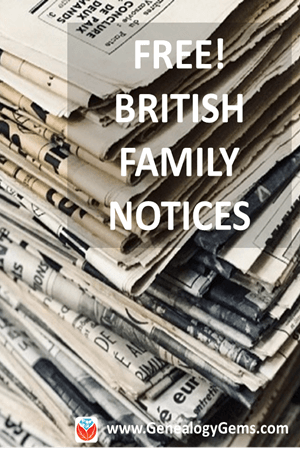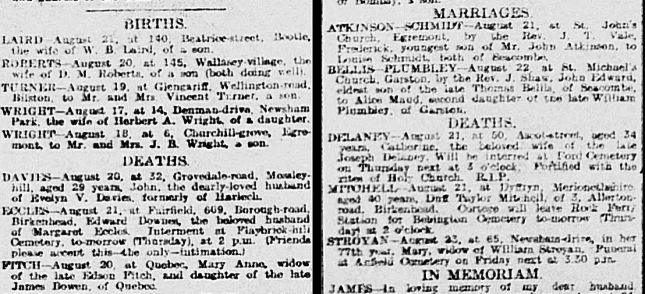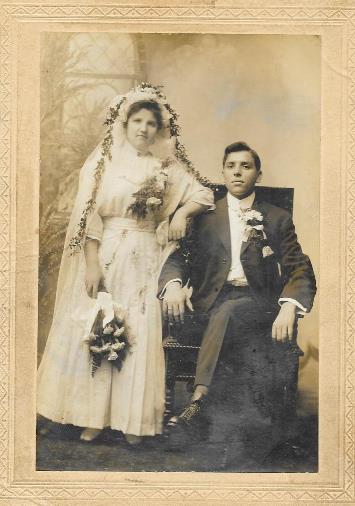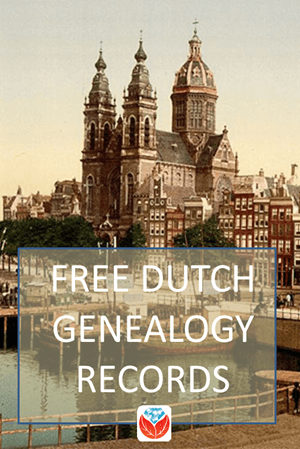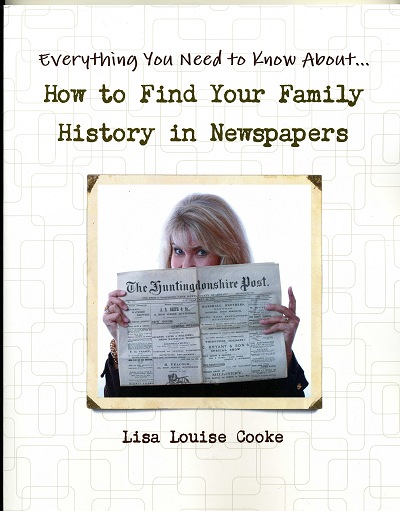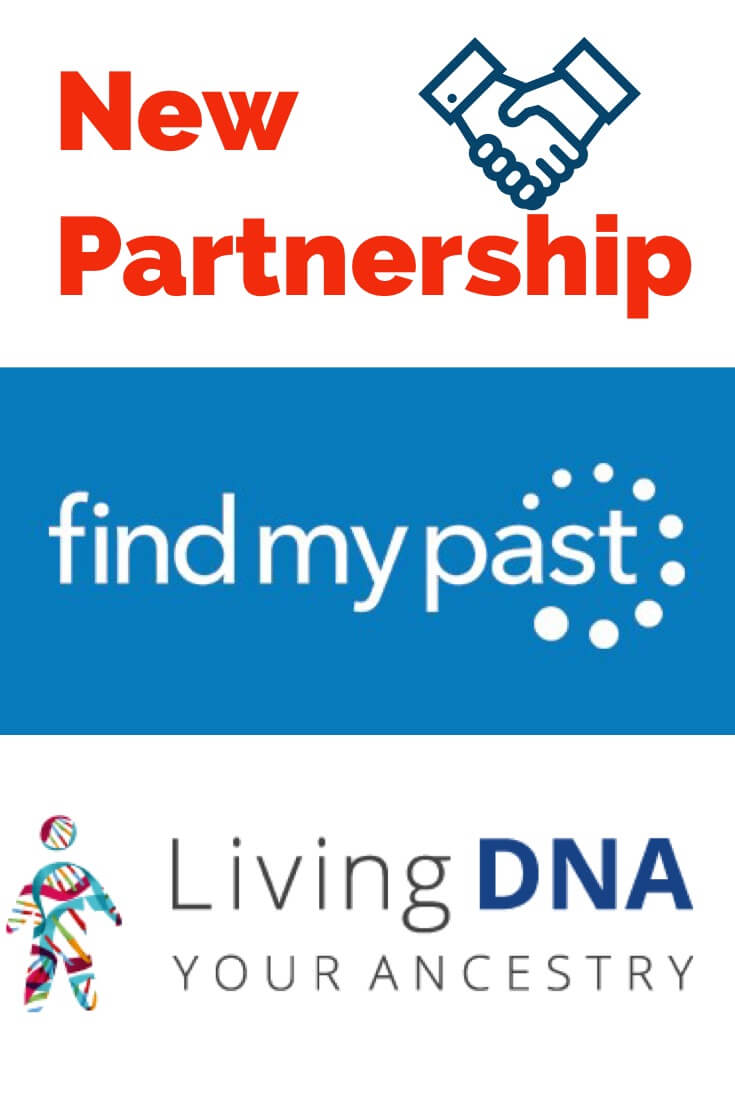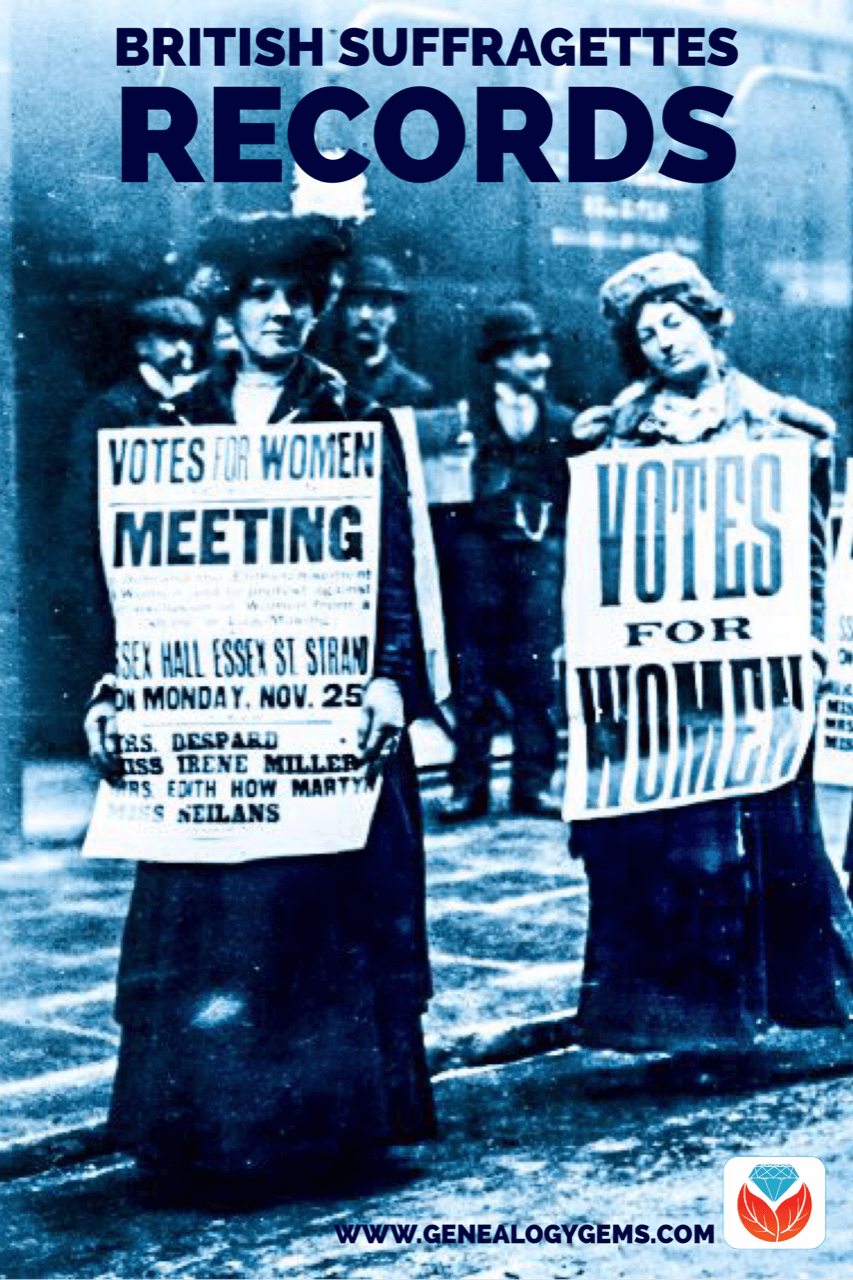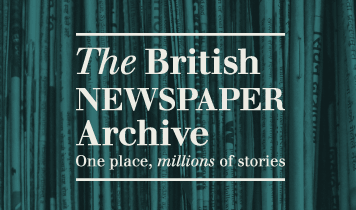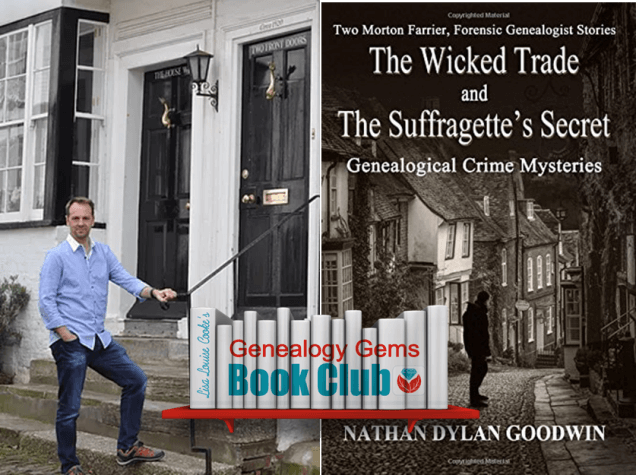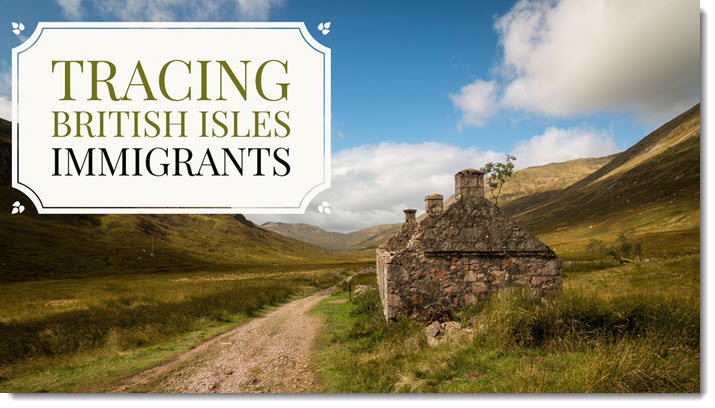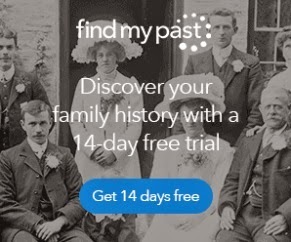6M Free British Family Notices Now Online
Nearly 6 million British family notices are now free to explore online! Find your ancestors from England, Scotland, Ireland and Wales in more new and updated records, too: newspaper articles, British almanacs and directories, clandestine marriages, Liverpool Catholic and Warwickshire Church of England records, military collections (especially WWI) and Scotland death notices.
6 million free British Family Notices now searchable
The British Newspaper Archive is home to millions of exclusively-digitized newspaper pages from the British Library, covering England, Scotland, Ireland and Wales. Great news for those of you who don’t already subscribe: a free collection of British family notices that appear in papers on The British Newspaper Archive is now searchable at FamilySearch.org.
The index contains nearly 6 million records and may include family names, relationships, dates, and places of vital events and the publication. Better yet, you’ll find links to images in those newspapers, like this example:
More British Isles newspaper coverage
Family notices are only one of the many spots in a newspaper in which your relatives may appear! Feature news article coverage, crime reports, legal notices, advertisements, even sporting events. In recent weeks, The British Newspaper Archive has added over 270,000 digitized newspaper pages its site—and these updates also appear in the newspaper collections at sister site Findmypast.com. Updates to existing titles span England, Scotland and Ireland and include the following (links go to the Findmypast collections):
- Liverpool Echo 1991-1993
- Drogheda Argus and Leinster Journal 1873-1904, 1906-1912, 1917, 1922, 1927
- Evening Herald (Dublin) 1988
- Scottish Referee 1894
- Irish Independent – 1918-1919, 1986, 1988, 2002
- Mid Sussex Times 1914-1918
- Liverpool Echo – 1989-1990
- The Newcastle Journal – 1992
- The Music Hall and Theatre Review – 1908-1909, 1912
- The Scottish Referee – 1893, 1895-1896, 1899
- The Wicklow People – 1914, 1917-1929, 1931-1976, 1986-2001
More British Isles genealogy records now online
British directories and almanacs. Findmypast.com has added over 329,000 records to its British Directories and Almanacs collection. According to the site, “the new additions include English & Welsh publications spanning the years 1766 to 1919. Inside you will find the names, addresses and occupations of prominent people, tradesmen, people who held office, business owners and local civil servants.”
Browse these pages to learn more about an ancestor’s life. For example, says the site, “They provide topographical accounts of towns, social statistics and comprehensive guides of towns or cities, as well as full listings of gentry, business owners, tradespeople, civil servants, church leaders, school teachers and much more. Furthermore, you can explore the history of your home by searching the publications by address, where you may discover previous proprietors.”
England clandestine marriages. Now on Findmypast are more than 881,000 indexed images of clandestine marriage records covering the years 1667 to 1775. “Records will reveal a combination of the couple’s names, marital conditions, occupations and residences,” says the collection description. The term “clandestine” refers to marriages performed outside the Anglican church, which were still recognized by law but categorized as common-law. According to the site, “There are a number of reasons why individuals would have participated in these ceremonies. The couple may have wanted to be married in secret and away from their home. There may have been a reason that the marriage needed to be performed quickly. A clandestine marriage also cost far less than a traditional wedding. However, not all reasons were innocent, and the courtrooms heard many cases of people coerced or forced into a marriage or cases of bigamy. At this time, the age required for marriage was 14 for men and 12 for women.”
Liverpool Catholics. Genealogy Giant Ancestry.com has updated several collections of Catholic parish records for Liverpool, England, provided in association with Liverpool City Council. Explore these collections by first by going to Ancestry.com here and then in the menu, select Search > Card Catalog > and search for the name of the collections:
- Liverpool, England, Catholic Baptisms, 1741-1916. Over 1.5 million records! According to the collection description, “most baptisms took place shortly after children were born. Baptism register entries in these records may include name, birth date, baptism date, father’s name, mother’s name, godparents, minister [and] parish.”
- Liverpool, England, Catholic Confirmations, 1813-1922. Over 100,000 records; may include the name, age, confirmation date, parent’s name and parish.
- Liverpool, England, Catholic Marriages, 1754-1932. Over 300,000 records in this collection. Entries may include marriage date, bride’s name and age, groom’s name and age, parents’ names and parish.
- Liverpool, England, Catholic Burials, 1813-1985. Over 720,000 records; may include the deceased’s name, age, burial date, residence, and gravesite.
Warwickshire Church of England parish registers. FamilySearch.org has updated its database of England, Warwickshire, Parish Registers, 1535-1984. With nearly 3 million records spanning about 450 years, this collection of Church of England parish registers contain records of christening, marriage and burial entries.
World War I collections. Now online at Findmypast.com, you can search these new or updated databases relating to the Great War:
- Irish Officers Died in the Great War, 1914-1919. “Search over 1,000 records to learn more about the Irish officers who died in the First World War. Discover where and when an officer died, as well as the cause of death. You may also uncover details of an officer’s family and pre-war life.”
- Honourable Women of the Great War, 1914-1918. “Discover your female ancestor who served during the First World War. Learn about the wartime activities your ancestor was involved in as well as her pre-war life. You may also find a photograph of your ancestor.”
- Airmen Died in The Great War, 1914-1919. “Discover your relative’s name, birth and death years, cause of death, rank, and more. These records come from the Naval & Military Press. The service branches designated in this collection are as follows: Australian Flying Corps, Miscellaneous Airmen Casualties, Pre-War Casualties, Royal Air Force, Royal Flying Corps, Royal Naval Air Service, United States Air Service Casualties Attached to the Royal Fighting Corps/Royal Air Force, US Navy Casualties, and Women’s Royal Air Force.”
More British military collections. These two collections have been updated at Findmypast:
- British Subjects Who Died In The Service Of The Indian Empire. ”This collection contains over 1,100 records and each result includes both a transcript and an image of the original document. Records will reveal a combination of the individual’s name, birth and death years, rank, regiment, and service history.”
- Britain, Campaign, Gallantry & Long Service Medals & Awards. “Over 58,000 additional records have been added to the collection. The new additions cover recipients of the Military Cross, Distinguished Flying Medal, Distinguished Conduct Medal, Distinguished Service Order and Commando Gallantry awards.”
Scotland deaths. Findmypast’s Scotland, Lanarkshire Death & Burial Index 1642-1855 includes more than 64,000 death and burial records from 31 burial grounds. “Each result includes a transcript taken from an original document that will reveal a combination of your ancestor’s birth year, death and burial dates, age at death, burial place, and mortcloth price.” (The mortcloth was the cloth spread over the coffin.)
What does “British” actually mean?
To start exploring your British Isles roots, it would help to know what the term “British” actually means. Click here to read the answer and tips for getting started in your British Isles family history research.

About the Author: Sunny Morton
Sunny is a Contributing Editor at Lisa Louise Cooke’s Genealogy Gems; her voice is often heard on the Genealogy Gems Podcast and Premium Podcasts. She’s known for her expertise on the world’s biggest family history websites (she’s the author of Genealogy Giants: Comparing the 4 Major Websites); writing personal and family histories (she also wrote Story of My Life: A Workbook for Preserving Your Legacy); and sharing her favorite reads for the Genealogy Gems Book Club.
Disclosure: This article contains affiliate links and Genealogy Gems will be compensated if you make a purchase after clicking on these links (at no additional cost to you). Thank you for supporting Genealogy Gems!

